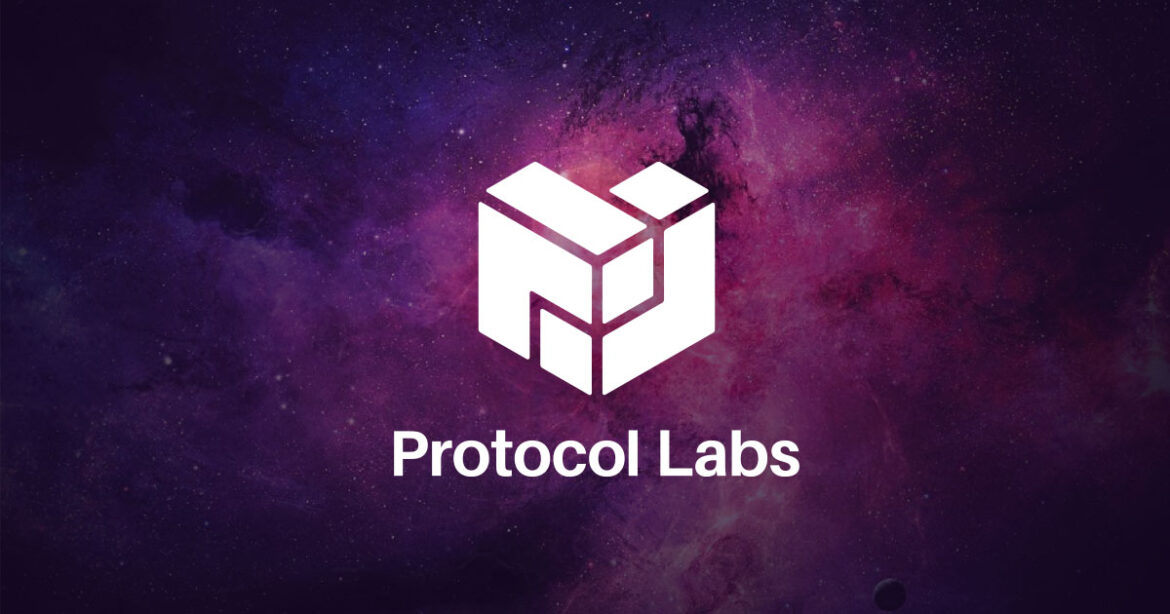The industry organization is led by Filecoin creator Protocol Labs.
Protocol Labs, the company behind the decentralized file-sharing protocol Filecoin, announced an alliance that aims to help more companies make the transition to Web3 from Web2.
The industry organization has a trio of heavy-hitters as founding partners: computer hardware giant Advanced Micro Devices (AMD), storage device maker Seagate, and Big 4 accounting and consulting firm Ernst & Young (EY).
Filecoin essentially allows users to buy or sell computer storage on a network that offers decentralized storage of data and files. The service is meant to act as an alternative to centralized storage providers like Amazon Web Services.
The Decentralized Storage Alliance, launched in conjunction with the nonprofit Filecoin Foundation, will work to establish development standards that would help decentralized storage solutions meet the needs of enterprise customers, including making it easier for data centers to onboard onto a decentralized network. Working groups will be created to solve other specific issues that could slow the transition from Web2 to Web3.
“As the global data and storage markets are accelerating, there is a lag in the adoption of decentralized storage technologies,” James Canterbury, partner and principal at EY Blockchain, said in the press release.
The founding partners aren’t new to the crypto space. AMD’s central and graphics processing units (CPUs and GPUs) have long been used by crypto miners. Seagate experienced a sales surge last year due to Chia, a blockchain that utilizes the unused computer storage space of miners to validate the network. EY announced a partnership with the Polygon protocol in Sept. 2021 to deploy its own products on the Ethereum blockchain. The first of those products – a supply chain manager – launched earlier this year.
“We see decentralized storage as an opportunity to diversify and add resilience to our data infrastructure,” Canterbury continued. “And we see the alliance as a crucial piece of this – enabling adoption of decentralized storage and cohesion across the broader industry.”
